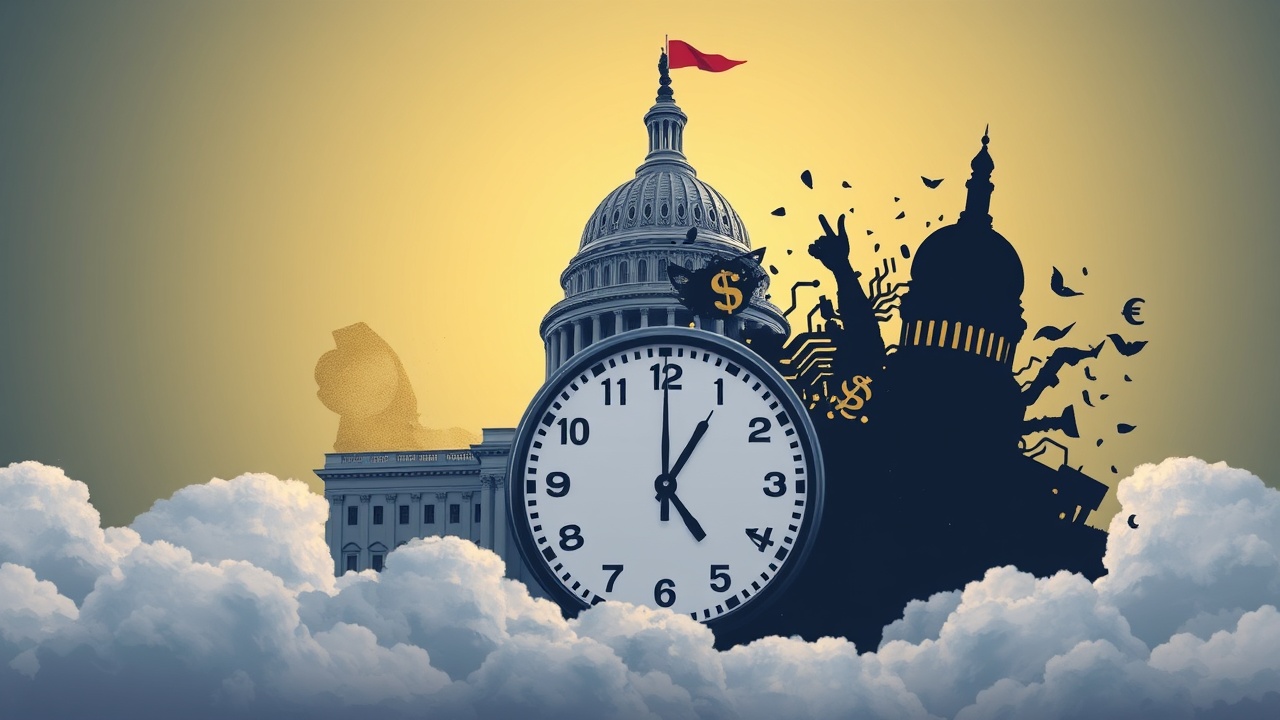Congress and Central Bank Digital Currencies
As Congress reconvenes following its August break, discussions regarding central bank digital currencies (CBDCs) are once again a major focus of U.S. legislative deliberations. In a recent installment of Byte-Sized Insight, Cointelegraph engaged in a dialogue with Sheila Warren, the CEO of the Project Liberty Institute, to explore the implications of the ongoing CBDC discourse in Washington, questioning whether it stems from legitimate concerns or simply political maneuvering, and how it could shape the U.S. digital dollar’s future.
Concerns Over Civil Liberties
Proponents of CBDCs caution against the potential infringement on civil liberties, suggesting that these digital currencies could grant the government unprecedented visibility into personal financial transactions. For instance, Representative Tom Emmer, who introduced the Anti-CBDC Surveillance State Act that the House passed in July, cautions that, without adequate privacy safeguards, such government-controlled digital money could enable intrusive monitoring of citizens’ transactions and daily activities.
Expert Perspectives on CBDCs
However, experts in policy contend that this perspective simplifies a complex issue. The Federal Reserve has firmly stated it will not pursue a CBDC without direct congressional endorsement, indicating potential privacy measures could be integrated into any future designs. Warren underscored this by stating,
“Design choices can either protect privacy or make it fully transparent. There are significant blockers that can be incorporated to ensure privacy is maintained.”
Warren further noted,
“The notion that a CBDC poses an immediate threat to privacy is overstated. Much of the current discourse is more about political rhetoric than actual risk.”
In terms of global context, the U.S. stance notably diverges from other economies. Countries like China have already implemented their own CBDCs, while the European Union and India are conducting pilot programs in this domain. Warren pointed out this significant gulf, stating,
“Under the current administration and Congress, the U.S. has adopted a notably anti-CBDC position.”
Wholesale vs. Retail CBDCs
She made a distinction between wholesale CBDCs, typically utilized for bank-to-bank transactions, and retail CBDCs intended for consumer use, expressing skepticism about the likelihood of a retail CBDC in the U.S.
“I’ve never believed a retail CBDC would come to fruition. Wholesale makes sense, but not retail,”
she stated.
The Rise of Stablecoins
Amid the intense focus on CBDCs, the rise of stablecoins could render the CBDC debate less pressing. Recently, Congress enacted the GENIUS Act, establishing regulatory parameters for stablecoins, which may incentivize broader adoption. Warren commented,
“With the existing growth of stablecoins, they might become the catalytic force for the digital economy, effectively altering the necessity for CBDCs altogether.”
Privacy Issues Beyond CBDCs
While CBDC concerns dominate discussions, Warren warned that legislators might be neglecting more pressing privacy issues, stating,
“The actual threats to our privacy stem from our data usage and what we willingly share, especially with AI systems. For instance, individual driver data was sold by GMC—this is a far more alarming issue.”
Further Insights
For detailed insights from the full interview, listeners can find the episode on Cointelegraph’s Podcasts page, as well as on platforms like Apple Podcasts and Spotify. Additionally, Cointelegraph continues to explore other relevant topics within its expanding range of shows.




